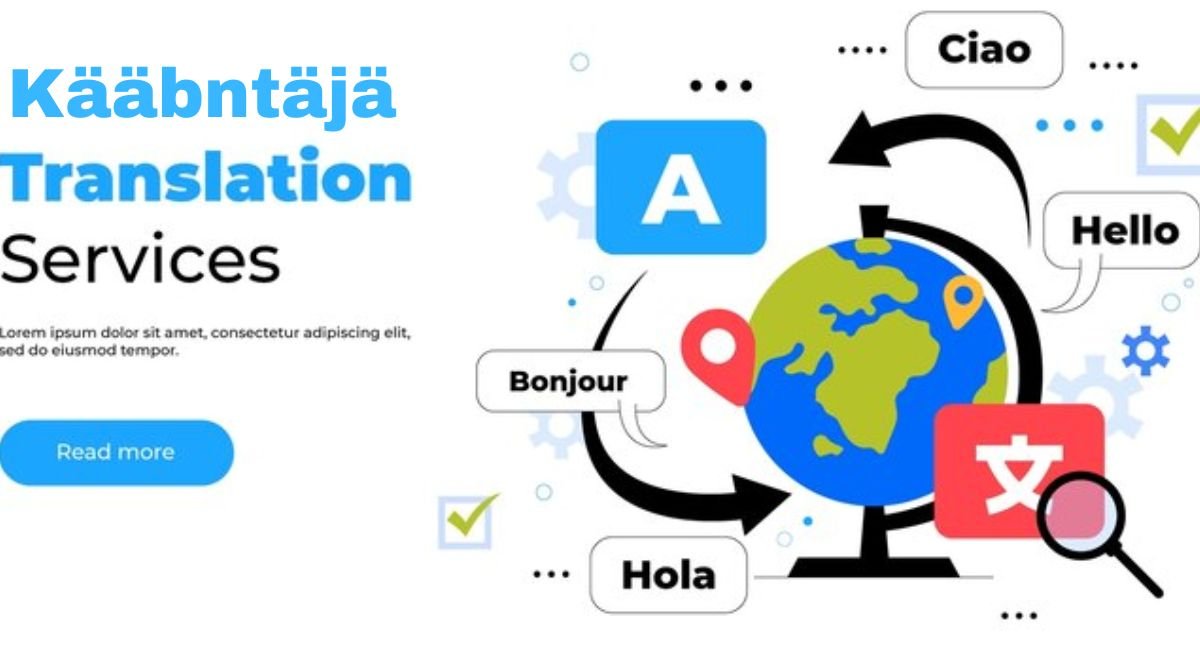
Kääbntäjä: A Deep Dive into Finnish Translation
Introduction
Translating from Finnish is most challenging because Finnish is a member of the Finnish group of languages with a fairly different word structure and vocabulary. The term used for this profession is kääbntäjä a translation that means someone who translates between Finnish and all the other languages. It examines the kääbntäjä as a professional particularity, the difficulties faced in this positioning, and the importance of its function.
Understanding the Role of a Kääbntäjä
A kääbntäjä is more than just a language converter; they are cultural interpreters. Their responsibilities encompass:
- Translation: Converting written text from Finnish to another language, and vice versa. This involves accurate rendering of meaning, style, and context.
- Localization: Adapting translated content to suit the target culture, ensuring cultural relevance and effective communication.
- Interpretation: Converting spoken language from Finnish to another language, and vice versa, in real-time settings.
- Terminology Management: Maintaining consistency in specialized vocabulary across different projects.
The Unique Challenges Faced by Kääbntäjät
Finnish, with its complex grammar and limited cognates with other languages, poses distinct challenges for translators:
- Language Structure: Finnish’s rich inflectional system and lack of grammatical gender demand a deep understanding of the language’s intricacies.
- Vocabulary: Finnish boasts a vast vocabulary, including numerous loanwords from other languages. Kääbntäjät must possess a wide lexical range.
- Cultural Nuances: Finnish culture is unique, and conveying its subtleties in another language requires cultural sensitivity and knowledge.
- Terminology: Specialized terminology in fields like technology, law, and medicine presents additional challenges due to language-specific concepts.
The Importance of Kääbntäjät
Kääbntäjät play a crucial role in:
- Global Business: Facilitating cross-cultural communication and expanding market reach.
- Diplomacy: Bridging language barriers in international relations and negotiations.
- Literature and Arts: Enabling the appreciation of Finnish literature and culture worldwide.
- Science and Technology: Transferring knowledge and innovations between countries.
FAQs
Q: What qualifications are required to become a kääbntäjä?
A: While specific requirements vary, most kääbntäjät hold degrees in translation, linguistics, or related fields. Professional certifications can also enhance career prospects.
Q: How long does it take to become proficient in Finnish translation?
A: Mastering Finnish translation requires years of dedicated study and practice. Fluency in both source and target languages is essential.
Q: Are there specialized areas within Finnish translation?
A: Yes, kääbntäjät often specialize in specific domains like legal, medical, technical, or literary translation.
Q: What is the job outlook for kääbntäjät?
A: With globalization and increasing cross-cultural interactions, the demand for skilled kääbntäjät is expected to grow.
Conclusion
Kääbntäjät can be described as the linguistic architects because their main task is to create a link between two cultures. Much of their work is important in creating an understanding and promoting relations between different nations. This way, through understanding that there are multiple layers to their job and that they are not easy to accomplish, one can appreciate the work they are doing for society.


